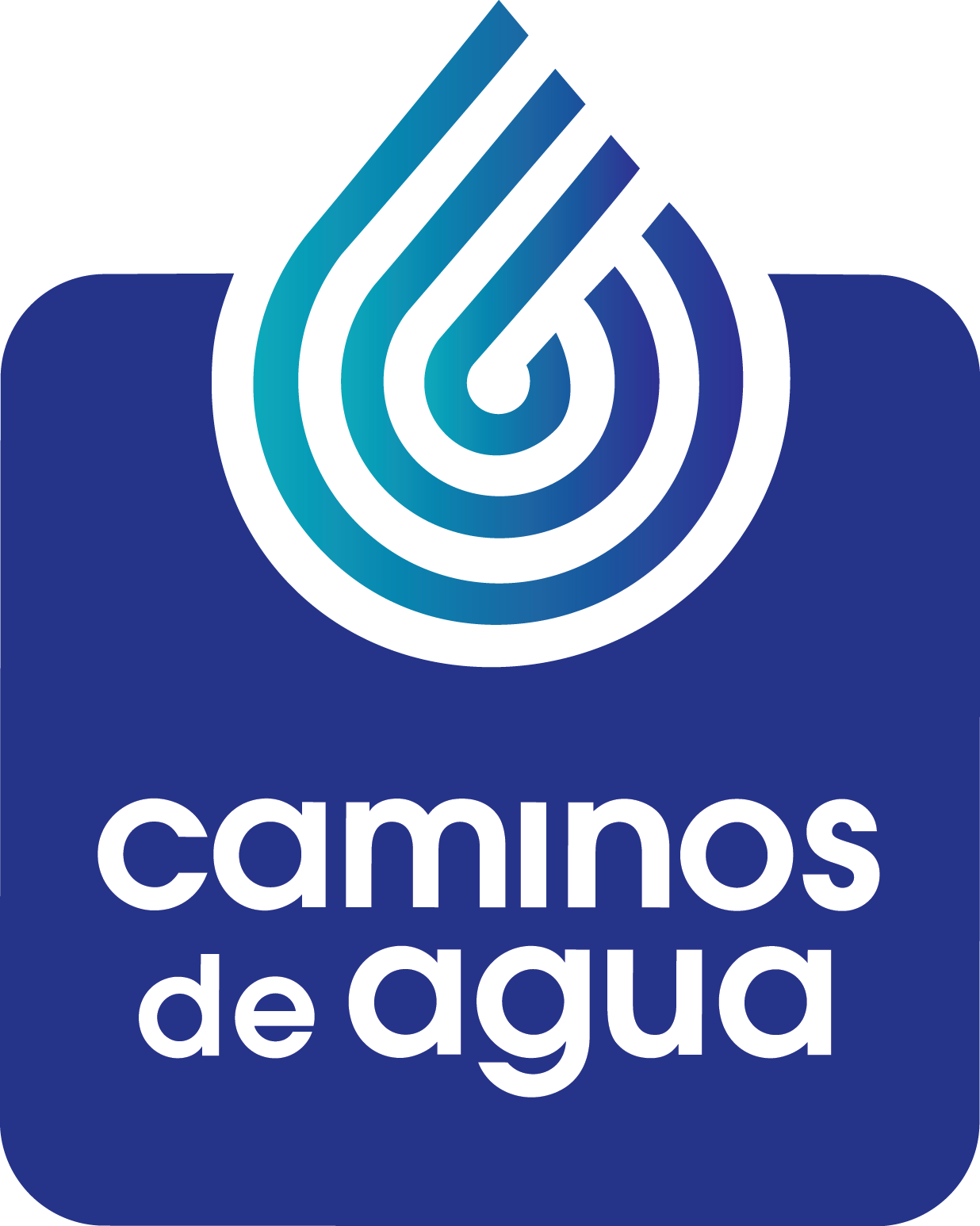Biochar research updates: new research coordinator
Aaron Krupp joined the Caminos de Agua team in September to coordinate research efforts, focusing on the research and development of our water filtration media for arsenic and fluoride mitigation. Aaron is a well-travelled mechanical engineer originally from the United States. Last year Aaron was recognized with a prestigious Watson Fellowship which facilitated his research into diverse “technologies designed for function and accessibility [that] can help break the cycle of poverty”. In this yearlong fellowship, he worked on systems that remove biopathogens and dissolved chemicals from drinking water. Aaron brings that experience and his “desire to increase opportunity in the world with enthusiasm for technology design and clever, low-tech mechanisms” to Caminos de Agua.
As Caminos de Agua looks to expand our “water toolkit,” we recognize that our ceramic water filters do an excellent job in removing bacteria, but we also need a low-cost filter which removes fluoride and arsenic (a key challenge for many wells in the region). We have been working with biochar as an exciting possibility for over three years now. Biochar has several advantages which ignite our imagination. 1) Biochar can be made by heating up almost any biological material – these resources are readily available. 2) The kilns we use do not pollute and are made from cheap, locally-sourced metal barrels. 3) Filtration systems with biochar are gravity-fed and do not requireelectricity. 4) The manufacturing process is small-scale and replicable on the community level.
Our research on biochar-based water filtration systems for arsenic and fluoride at the household level is currently conducted by Aaron Krupp, Elena Diek and Billy Thurston in conjunction with Dylan Terrell. Our research is centered on bone and wood based chars.
Research projects:
- The use of bonechar made out of cow bones for removing fluoride from drinking water. This line of investigation is ongoing. The team is currently analysing acid-washing practices as an option for better fluoride mitigation. Soaking bonechar in acid changes the char's structure (on the micro-scale) in such a way that it can filter out the fluoride more efficiently.
- The use of an iron-impregnated woodchar for arsenic removal. The team is verifying a tested formula for iron-coated woodchar.
- Physical filter development. The team is analysing and testing different water filtration designs to be used in conjunction with our ceramic water filter. The ideal design will work readily with any biological treatment system. The results of the current testing of various biochars for fluoride and arsenic removal will strongly influence the design possibilities.

